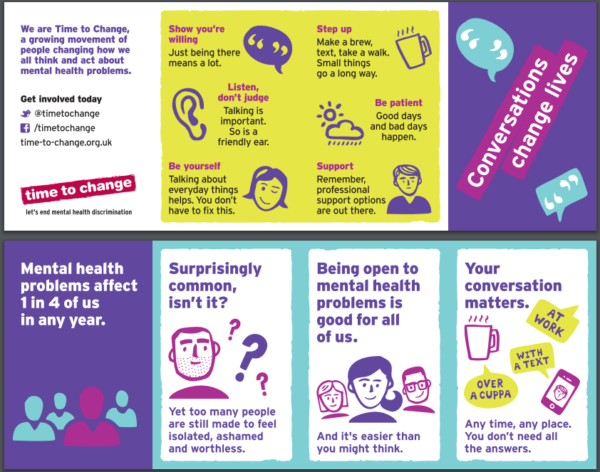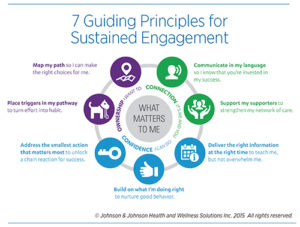Submitted by GAtherton on 10 October 2017
Depression stalks us all but is particularly common in those with chronic illness. It isn’t difficult to see why this is the case as chronic illness is often a barrier to living a normal life causing frustration, stress, anxiety and ultimately depression. An article written by the medical website WebMD spells out exactly how common depression is for a series of chronic illnesses and it is enlightening and quite shocking to read ;
- Heart attack: 40%-65% experience depression
- Coronary artery disease (without heart attack): 18%-20% experience depression
- Parkinson’s disease: 40% experience depression
- Multiple sclerosis: 40% experience depression
- Stroke: 10%-27% experience depression
- Cancer: 25% experience depression
- Diabetes: 25% experience depression
- Chronic pain syndrome: 30%-54% experience depression
In our patient groups for people with
It is however extremely important to have those conversations as they can help those who are struggling and just as importantly help those who might not realise that they are at risk of a bout of depression. As with many illnesses if a patient becomes aware of their impending illness they can often
Feeling sad or the absence of positive thoughts is not inevitable or even normal if you have a chronic illness, they are signs that you may be becoming depressed. Do not accept negative thoughts to be part of
We need to change the reluctance to talk about mental health found in many parts of our societies, not least because talking can be part of the solution for some. Help us break the taboo’s surrounding mental health at home and at work (Doctors suffer from mental health problems too) and celebrate World Mental Health day today.
Resources
Chronic Illness and Mental Health (National Institute of Mental Health)
Taking Care of Your Mental Health (NACPatients.org.uk)
News archives
-
Title
Date


 ,
,  ,
, 



 ,
,  ,
, 

 ,
, 

